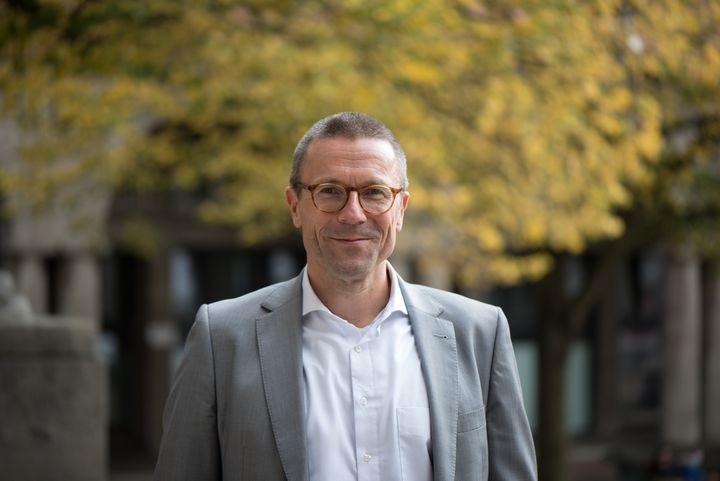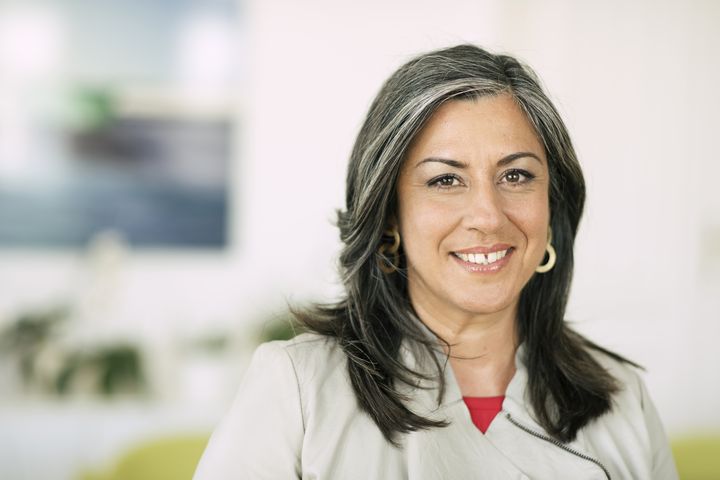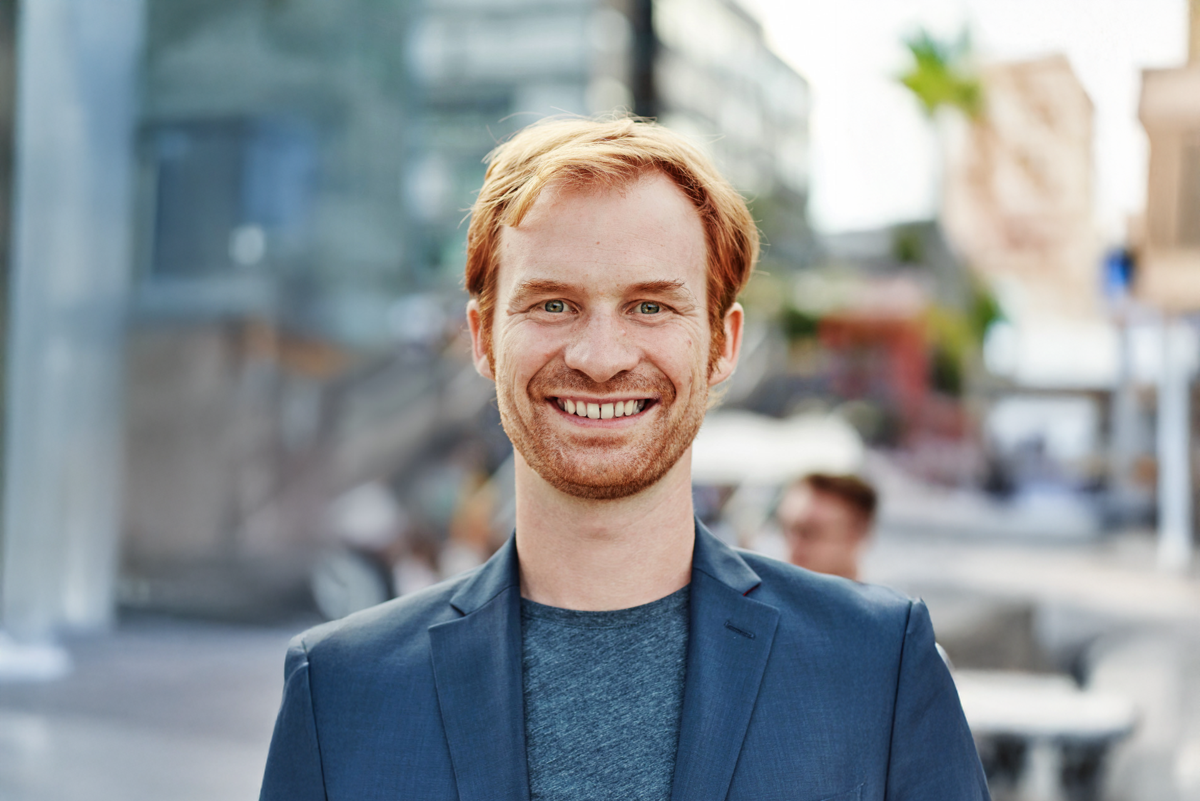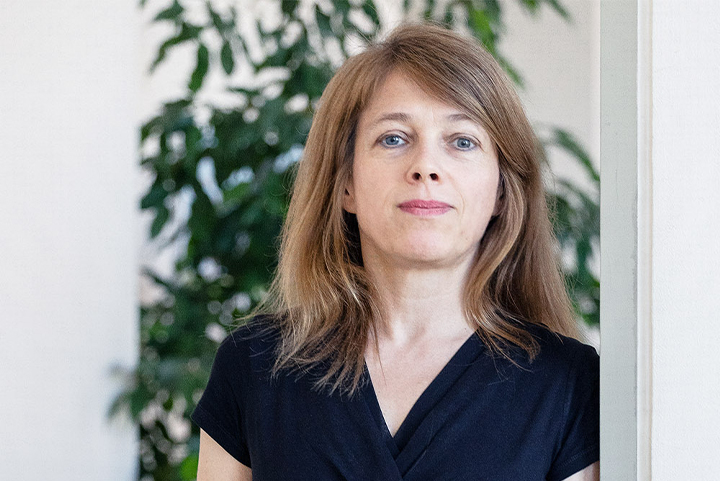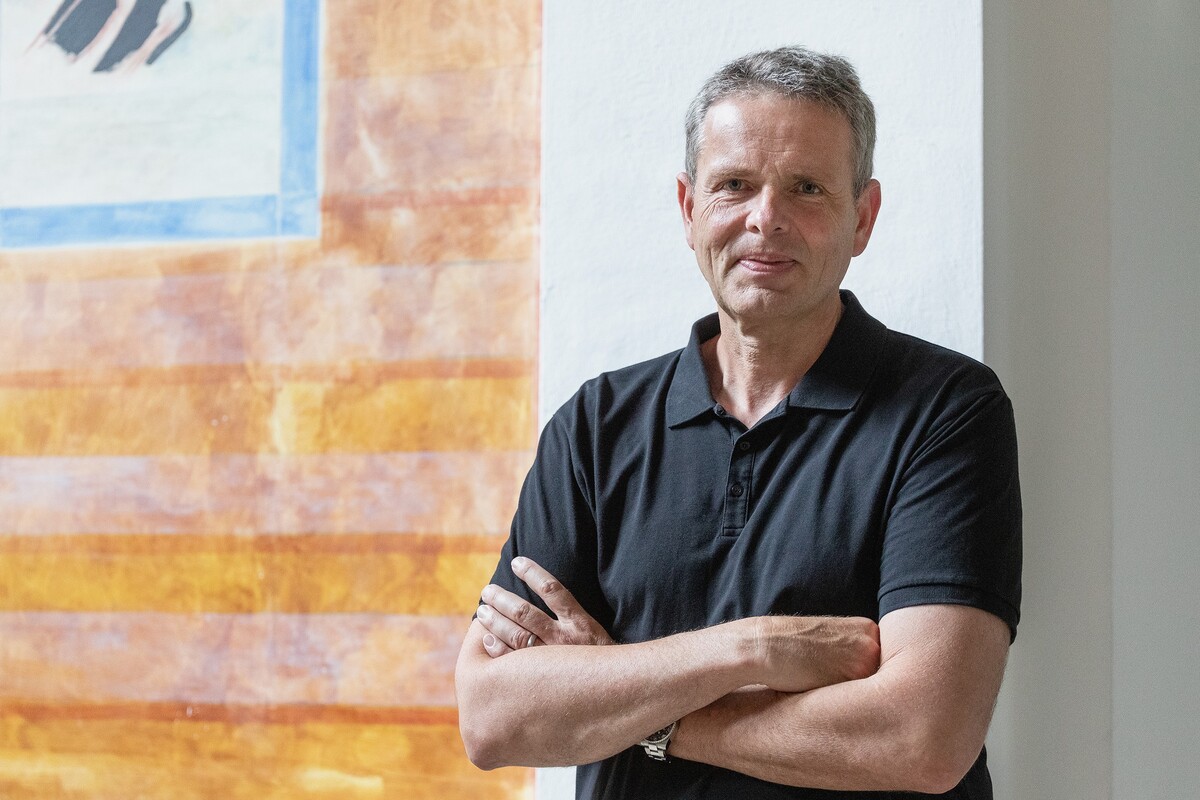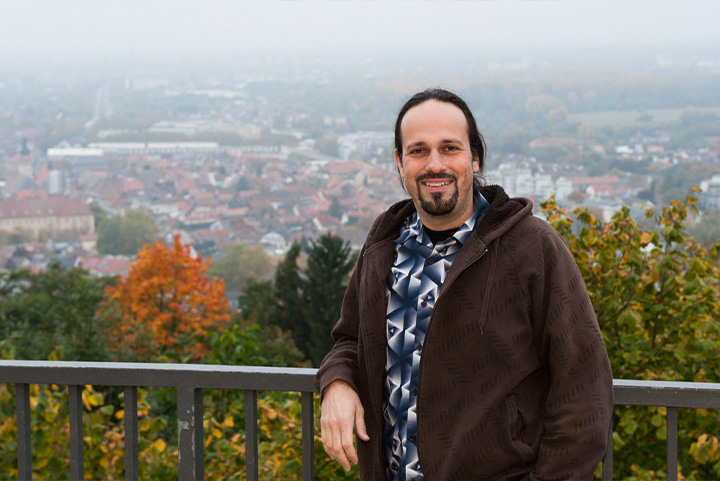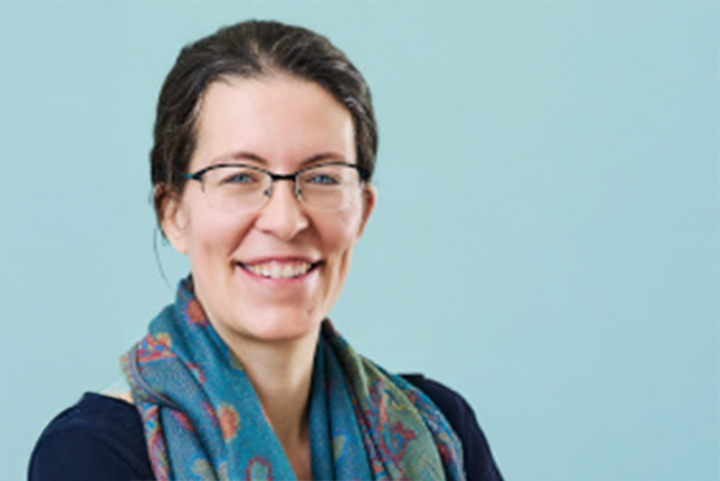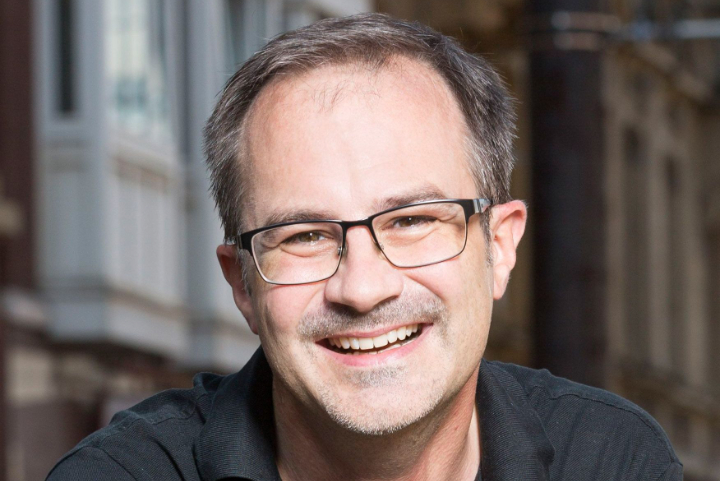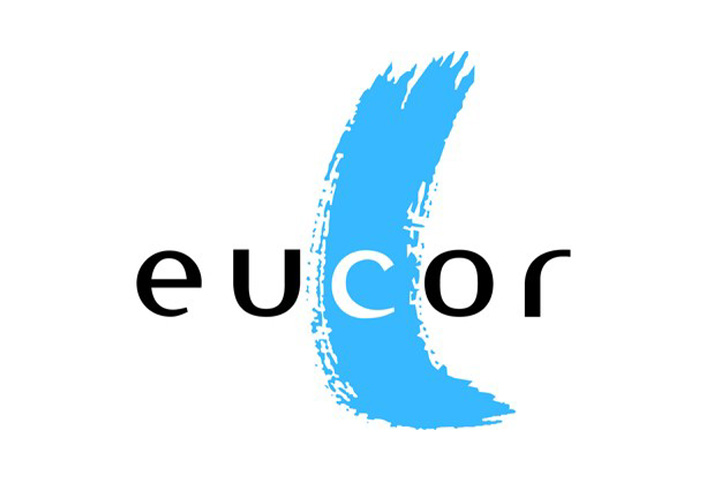Conference Theme
In this learning conference, we aim to connect urban labs that actively work on transformative topics, whether they have achieved success or encountered valuable setbacks. By sharing documented experiences, challenges, and breakthroughs, we foster an open exchange to accelerate urban sustainability together.
For this, we would like to share experiences along several thematic lines (see below) and use impulses from the corresponding disciplines for the work in the labs.
Climate Protection & Adaptation
Climate change is increasingly manifesting in urban areas through urban heat islands, heavy rainfall and air pollution. The focus is on how urban climate observations and data analysis can contribute to climate change adaptation and support decision-making and transformation in this challenging area.
Mobility and Urban Space
The transformation of the transport sector is central to achieving national climate protection targets. Fields of action can be alternative transport systems, sustainable forms of mobility, and the effects of digitalization on urban space. Contributions to real-world laboratories and autonomous driving are particularly welcome here.
Water and Urban Ecology
Urban ecosystems are at the center of a sustainable urban climate. Research on blue and green infrastructures, urban ecology, urban climate research and the integration of water and energy supply is promoted to utilize urban ecology for future urban design.
Resources, Building and Construction
Resource-conserving construction is crucial for climate protection and sustainable resource consumption, as the construction sector causes high emissions worldwide. Topics such as Building Lifecycle Management, Sustainable Construction, Re-Use and Digital Design and Fabrication are intended to make key contributions here.
Energy and Digitalization
The transformation of urban energy systems and digitalization are vital for sustainable cities. Research contributions on renewable energy systems, smart cities and the psychological, economic and governance aspects of energy supply and use are relevant here.
Urban Governance and Planning
Successful sustainable urban development requires innovative forms of governance and planning as well as the involvement of civil society. Contributions to governance formats, planning strategies, participatory processes and interdisciplinary approaches are exciting.
Experimenting for Sutainability
In this topic area, contributions can be submitted on current concepts and methods that help to implement and accelerate urban transformation. We look forward to all kinds of contributions that help urban transformation labs move forward.
Workshops "Connecting Urban Sustainability Labs"
This conference is dedicated to Urban Transformation and aims to Connect Urban Sustainability Labs across Europe and worldwide. Designed as a "learning conference", the event emphasizes the need for dialogue and collaboration between science and society, between disciplinary research and the practice- and implementation-oriented labs – as well as between the various urban labs themselves.
One focus of the conference in terms of content and time will be on dialogical workshops for the exchange between the labs. The aim is not so much to present one's own lab, but rather to share and work on the pressing urban sustainability transformation issues of our time and to share regarding topics, approaches, methods, successes, but also barriers and failures – in order to learn from each other.
This exchange will take place in parallel workshops on all 3 conference days (15.10.-17.10.) after a central plenary session. Conference Organizers will structure the workshops around specific thematic questions regarding urban sustainability transformation, which we will synthesize from your submissions and applications and incorporate into the workshops. Each accepted lab can also present itself with a poster (A1) in the ‚Hall of Labs‘ during the conference.
Structure of the one-hour workshops:
- Approx. 10-12 people per workshop, including at least 6-8 representatives from the labs, enter into a moderated exchange on the/your central questions of urban transformation
Procedure:
- Introduction round: Brief introduction (30-second pitches) of the labs present (7min)
- Presentation of the two central questions of the workshop by the moderators (3min)
- Moderated dialog and discussion on the central questions (40min)
Central statements are noted on flipchart paper - Summarize the most important dialogue results, formulate 2-3 short and central statements; and final round (10 min)
- Profiles of the participating labs (printed out in A4 format) are available during the workshop as background information and are passed around
As a joint result, a statement on the pressing issues of urban transformation will be published after the conference.
Keynote Speakers
Prof. Dr. Uwe Schneidewind
Since November 2020 Uwe Schneidewind is the lord mayor of Wuppertal.
From 2010-2020 he was President and Scientific Managing Director of the Wuppertal Institute for Climate, Environment, and Energy, as well as professor for Sustainable Transition Management at the University of Wuppertal.
From 2004 – 2008 he was President of the University of Oldenburg.
He wrote his PhD and habilitation at the University of St. Gallen, Switzerland.
Beside other former memberships Uwe Schneidewind is member of the Club of Rome.
Maria Vassilakou
Maria Vassilakou works internationally as a consultant for urban transformation strategies and transition management with cities and municipalities, educational institutions, international NGOs, multilateral organisations and companies. Previously, she held the office of Vienna's Deputy Mayor for Urban Development, Urban Planning, Transport, Climate Protection, Energy Planning and Citizen Participation (2010-2019). During her 9 years in office, she was responsible for an ambitious and successful transformation agenda with numerous innovative projects, including the introduction of the €365 annual pass for public transport (which led to a considerable shift in the modal split in favour of ecological mobility), several pedestrian zones and shared space projects, new ways of citizen participation and self-organisation of communities, the conversion of several former railway, hospital and industrial sites into new modern districts, the creation of citizen solar power plants and much more. She was responsible for developing Vienna's Smart City framework strategy and numerous other strategic development concepts. Since Vas-silakou's time in office and to this day, Vienna has regularly occupied top positions in international quality of life rankings (e.g. 1st place in the Mercer Quality of Life Study since 2010 years unbroken until 2024, 1st place in the Economist ranking 2018 and 2019, 2023, 2024).
Today, she shares her expertise and know-how on successful solutions from Vienna. She offers concrete support in overcoming the complex challenges that cities face due to rapid population growth, climate change, growing social inequalities and rapidly rising housing costs.
Since September 2019, Maria Vassilakou has been a member of the Horizon Mission Board' Climate Neutral Smart Cities' as an expert on behalf of the European Commission.
Hannes Rockenbauch
Hannes Rockenbauch's work spans urban planning, local politics, and civic activism. After studying architecture and urban planning, he taught and researched as an academic assistant at the Institute Foundations of Planning and later at the Institute of Urban Planning at the University of Stuttgart in the field of planning and participation. Since 2004, Hannes Rockenbauch has served as an elected city councilor in the Stuttgart City Council, where he is currently the parliamentary group leader of Die Linke und SÖS Plus. He became known as a leading figure in the resistance against the Stuttgart 21 rail project. In 2010, he participated in the Stuttgart 21 fact check under Heiner Geißler. To this day, he combines his role on the local council with activism in initiatives such as the “Right to Housing” action alliance and the “Free Bus and Train” initiative. Today, Hannes Rockenbauch works as a climate policy campaigner for one of Germany's largest environmental organizations, the Federation for the Environment and Nature Conservation (BUND). There, he is responsible for the BUND's Local Political Forum.
Prof. Dr. Barbara Engel
Barbara Engel was trained as an architect at Technische Hochschule (TH) Darmstadt. After graduation she was working as academic assistant at Brandenburgische Technische Universität (BTU) Cottbus. Back then she started her research about urban development in USSR and Russia and had several lectureships in St. Petersburg and Irkutsk. Parallel she founded her architectural and planning office in Berlin. She was awarded her PhD in 2004. She was teaching from 2004 to 2008 at the Technische Universität in Dresden and worked as a visiting professor at Kent State University in the US in 2007. From 2008 to 2013 she was head of the department for the inner city at the City Planning Office in Dresden.
Since 2013 she is a professor of international urban planning and design at Karlsruhe Institute of Technology. Focus of her research interests are urban developments in post-soviet territory and Eastern Europe, metropolitan areas, public spaces and science communication. Barbara Engel is a member of the chamber of architects in Berlin, SRL and DASL. Currently she is the head of the design committees in Halle and Nuremberg and vice president of the Deutsche Akademie für Städtebau und Landesplanung (DASL).
Prof. Markus Neppl
Markus Neppl studied architecture at RWTH Aachen University and was a co-founder of the student planning group ARTECTA. In 1990, together with Peter Berner, Oliver Hall, and Kees Christiaanse, he founded the firm ASTOC architects & planners in Cologne, which, with 50 employees, works on numerous urban development projects and buildings of various scales.
In 1999, he was appointed to the Chair of Urban Planning at the University of Kaiserslautern. In 2004, he received a call to the Chair of Urban District Planning and Design at the Karlsruhe Institute of Technology (KIT). In 2008, he became Dean of the Faculty of Architecture and, since 2012, has served as Dean of Studies.
Since 2006, he has been a member of the Advisory Board for the UNESCO World Heritage Upper Middle Rhine Valley. Since 2009, he has been Chairman of the Design Advisory Board of the city of Tübingen and a member of the Expert Advisory Board for Urban Quarters of the DGNB (German Sustainable Building Council, Stuttgart). Since 2010, he has been a member of the Planning and Design Advisory Board of the city of Mainz. In 2015, he became a member of the Design Advisory Board of the city of Ulm and was appointed to the Scientific Advisory Board of the German Urban Development Award.
Dr. Oliver Parodi
Dr. Oliver Parodi is a senior scientist and research group leader at the Institute for Technology Assessment and Systems Analysis (ITAS) at the Karlsruhe Institute of Technology (KIT). He leads the Karlsruhe Transformation Center for Sustainability and Cultural Change and the Real-World Laboratory "Quartier Zukunft – Labor Stadt"since 2012. Additionally, he co-directs the Karlsruhe School of Sustainability since 2010. His research focuses on real-world laboratory theory and research, transformative sustainability science (particularly in urban contexts), sustainability and culture, personal sustainability and inner transformation, and sustainable urban development. Dr. Parodi leads several key projects, including the Reflexive Real-World Laboratory for Sustainable Technology Design (RENATA) and the Cultural Laboratory Freiburg. He also co-leads initiatives such as the Ethics Code for Real-World Laboratories and the Karlsruhe Real-World Laboratory for Sustainable Climate Protection.
Dr. Claudia Schreider
Dr. Claudia Schreider is a researcher at the Institute for Technology Assessment and Systems Analysis (ITAS) at the Karlsruhe Institute of Technology (KIT). She is part of the Karlsruhe Transformation Center for Sustainability and Cultural Change, focusing on sustainable urban development and education for sustainable development. Dr. Schreider is involved in several key projects, including the Baseline Project on Sustainability, Strengthening Integrative and Effective Sustainability Research at Universities in Baden-Württemberg (SiNfo), and the Urban Research Strategy at KIT. She has been a lecturer at Hochschule Darmstadt since 2017, where she previously worked as a researcher and coordinator for the Initiative for Sustainable Development (i:ne) and the Special Research Group on Institutional Analysis (sofia). She earned her Ph.D. in law from the University of Kassel in 2018, with a dissertation on patenting in animal breeding and its implications for intellectual property and agrobiodiversity. Dr. Schreider has published on environmental law, patent law in agriculture, and sustainability research. Her work includes contributions to the Strategic Environmental Assessment in Germany and research on biopatents in animal breeding.
Dr. Peter Zeile
Peter Zeile is Senior Researcher and Research Coordinator of the Department of Neighbourhood Planning, Faculty of Architecture at the Karlsruhe Institute of Technology. Among other things, he heads arch.lab, the platform for research in teaching at the Faculty of Architecture, and the Urban Emotions Initiative.
Born and raised in Germany, Peter obtained his diploma in spatial and environmental planning at the Technical University of Kaiserslautern, where he also completed his PhD on the topic of Real-Time Planning.
Peter’s professional passion is urban sensing and geodata processing, visualisation, and simulation of complex projects in urban design, as well as geoweb and mobile solutions for spatial planning. He is editor of conference proceedings (RealCORP) as well as for journals such as Urban Planning and gis.Science, and reviewer for various publications, including International Journal of Geo-Information, JoDLA – Journal of Digital Landscape Architecture, Urban Planning, Space and Culture, and Environment and Planning B. He is a member of SRL (Society of Urban and Regional Planners) and national delegate of ISOCARP (International Society of City and Regional Planners).
In recent years, in addition to his passion for digital twins, Peter has focused on promoting walking and cycling through the CapeReviso and ESSEM projects funded by the BMDV.
Scientific Partner
Eucor - The European Campus
Eucor – The European Campus is a trinational alliance of five universities in the Upper Rhine region, encompassing Germany, France, and Switzerland.
- University of Basel (Switzerland)
- University of Freiburg (Germany)
- Karlsruhe Institute of Technology (Germany)
- University of Strasbourg (France)
- University of Haute-Alsace (France
Established in 1989 and reorganized as a European Grouping of Territorial Cooperation (EGTC) in 2015, Eucor aims to foster cross-border collaboration in research and education. The alliance brings together approximately 117,000 students, 15,000 academic staff, and 13,500 doctoral candidates, creating a vibrant academic community in the heart of Europe.


